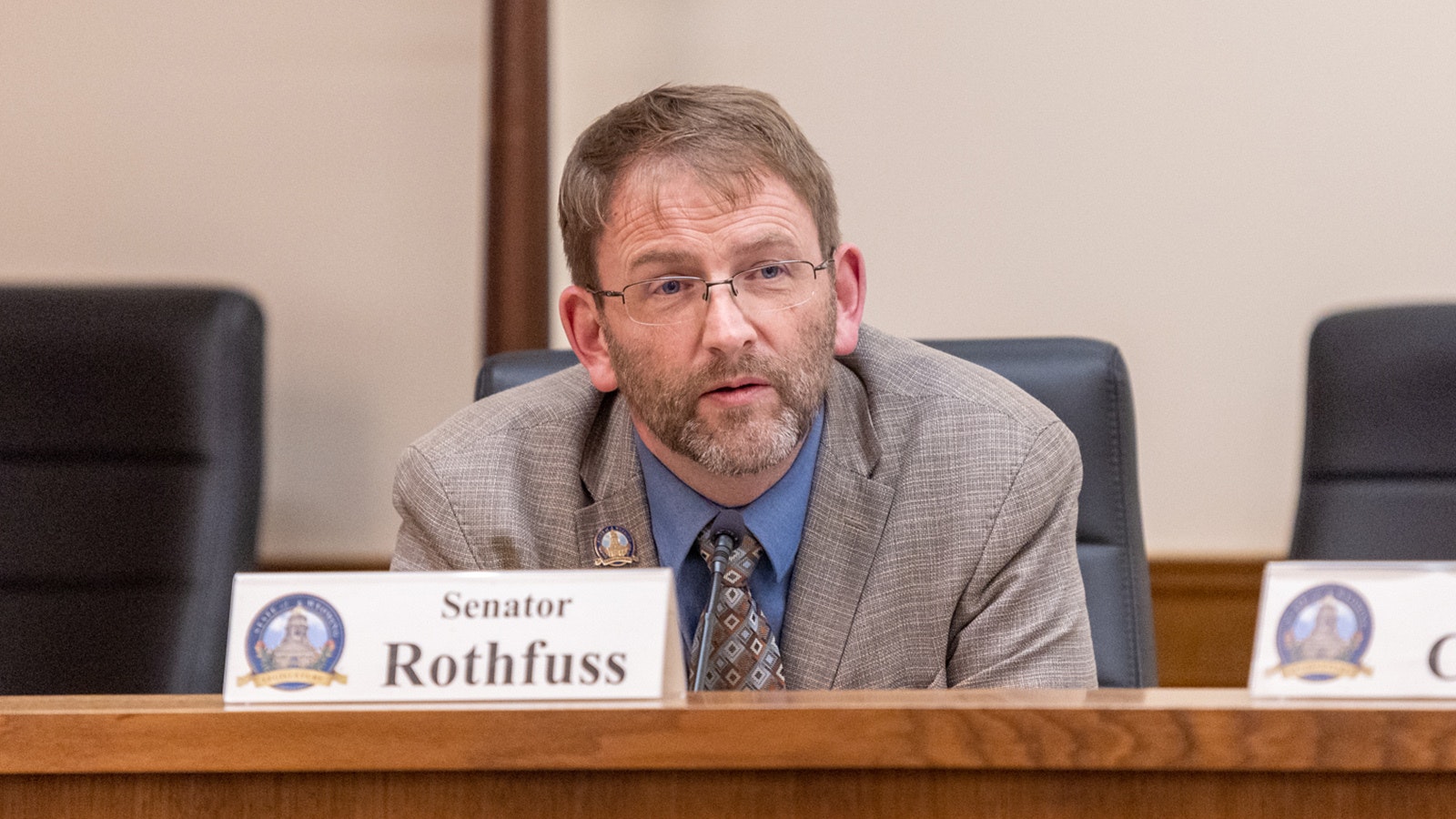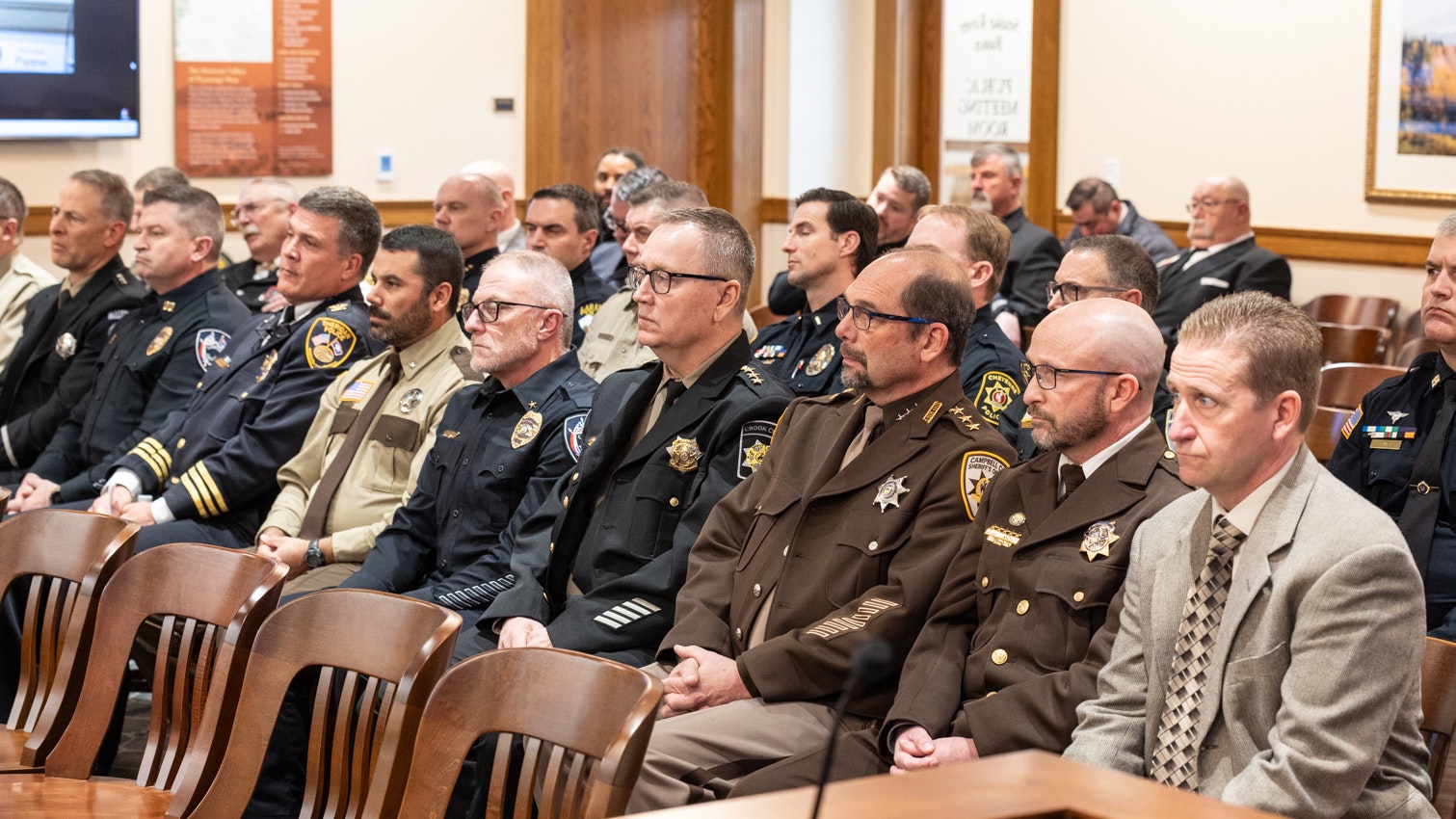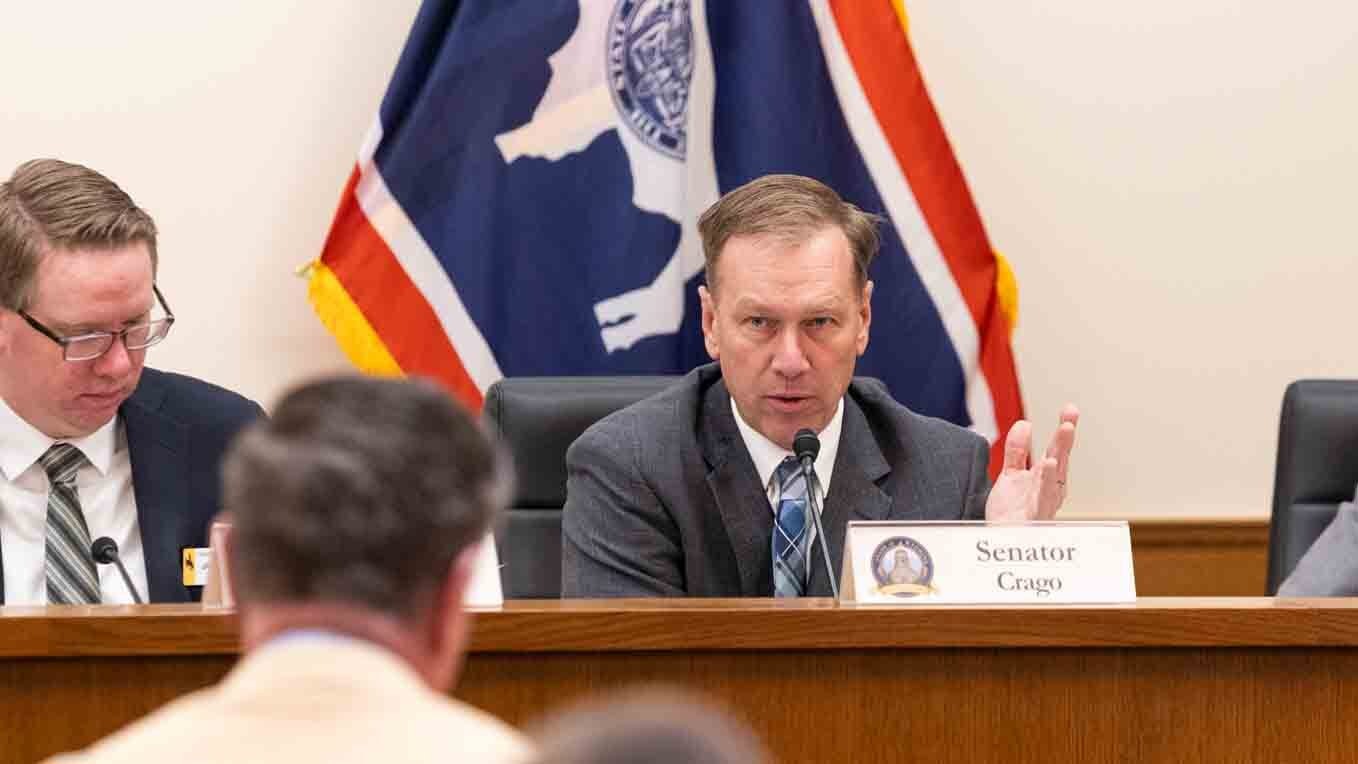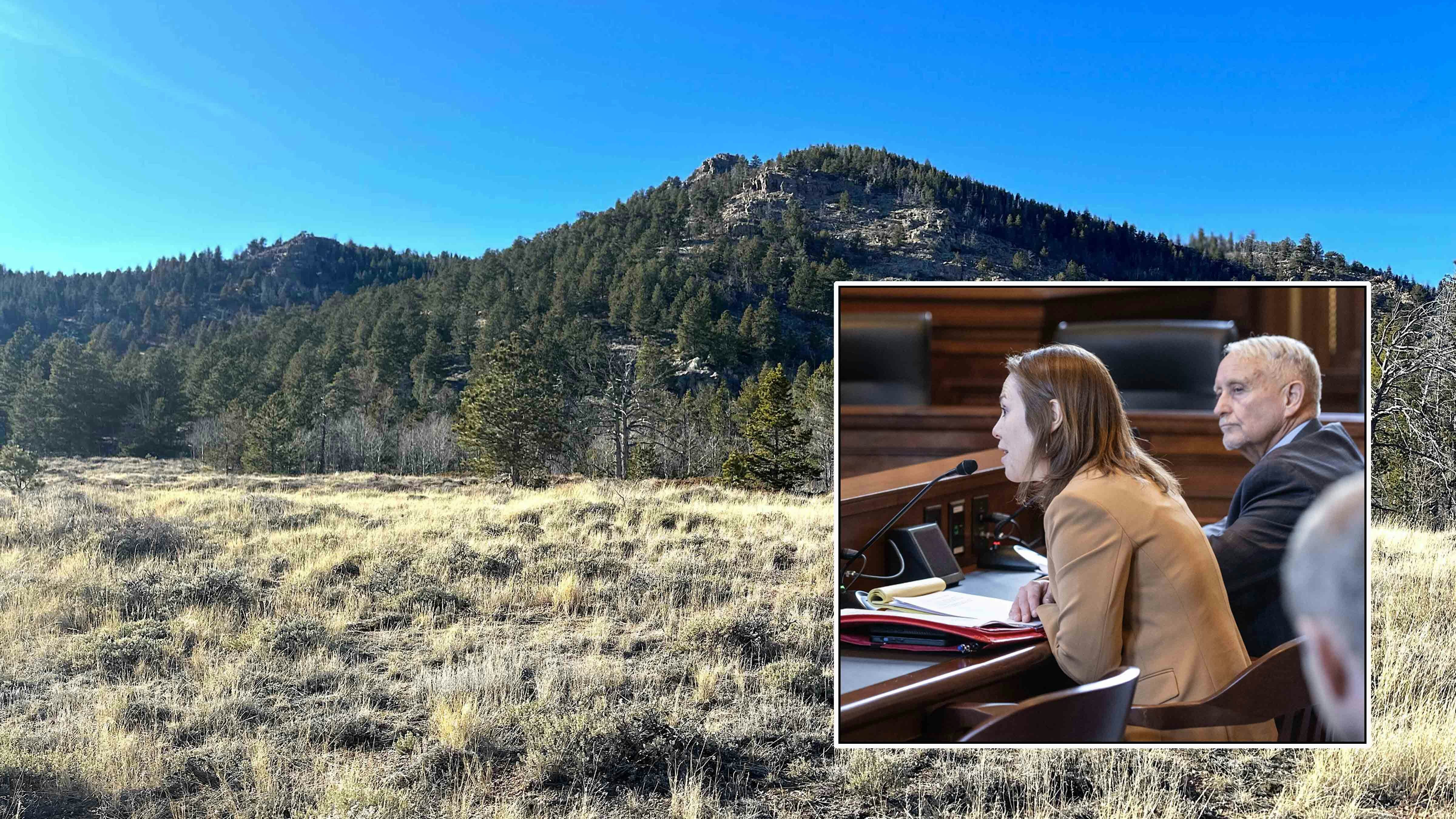Nearly 500 decentralized autonomous organizations have already registered in the Cowboy State since Wyoming rolled out the red carpet for digital asset companies.
Sen. Chris Rothfuss, D-Laramie, told lawmakers on the Corporations, Elections and Political Subdivisions Committee on Tuesday that Wyoming’s bid to capitalize on this new and emerging business sector is already working as intended.
These DAOs “are providing revenue nicely to the state, as we intend, and hopefully that will continue to grow,” he said. “We are the leading jurisdiction in the country with DAO registrations, as we intended.
“And most of the innovation related to DAOs is focused on Wyoming. Not all of it. We’ll hopefully secure more. We’ve got a few other things we need to work on.”
Among those things, Rothfuss said, is a clarification that will help the Secretary of State’s office make clear what is an acceptable, publicly available identifier for Wyoming DAOs.
Smart Contracts Vs. Stupid
There were several questions during the discussion of Senate File 75 and what makes a “smart” contract.
“I don’t think it’s exactly the opposite of a stupid contract,” Sen. Charles Scott, R-Casper said.
Smart contracts, Rothfuss explained, are generally written in computer code. They take the place of what has been traditional pen and paper rules for an organization.
They are bylaws, but spelled out in computer code instead. Those rules can self-execute at digital speed with no broker or intermediary needed to confirm the agreement. That makes them less vulnerable to manipulation by third parties.
Wyoming law has been aiming to provide transparency for smart contracts, but some companies haven’t been providing the desired publicly available identifier.
“What we were getting occasionally would just be, like, a web page that has a white paper on it,” Rothfuss said. “This (makes) it clear that we are looking for a direct address to that smart contract.”
Finding The Smart Contract Address
Scott’s next question was what exactly is a smart contract address?
Similar to websites, smart contracts have two ways to arrive at their location.
Online, most people are familiar with a URL that leads to a specific address or domain. But behind the text address that most people use, there also is an underlying numerical address.
Google, for example, actually keeps two of these public domain name system internet protocol addresses. The primary one is 8.8.8.8 and the secondary is 8.8.4.4.
A network of DNS services around the globe supports queries at these addresses.
Similarly, smart contracts can be accessed either via a simplified address that points to a numerical address or by the numerical address on a blockchain.
Either is an acceptable way to directly access the smart contract for the transparency that Wyoming requires.
Chuck Gray Weighs In
Wyoming’s law will still require DAO companies to either be in Wyoming or, if not located in Wyoming, have a registered agent who is located here.
Newly installed Secretary of State Chuck Gray told the committee Tuesday that the proposed changes are a “good addition” to the statute, one that he added has no fiscal impact.
Gray added that he did not have any comments on SF 76, which outlines registration of Wyoming digital assets, which lawmakers briefly discussed after passing SF 75.
Digital Assets Could Be Another First For Wyoming
While the federal government has recently decided it cannot copyright AI-generated work because no person was involved, Rothfuss said that “strange” decision presents an opportunity for Wyoming.
“You literally can’t go to the federal government and register all of the new product that’s being created through chatbot in terms of written material and Dall•E and other entities,” Rothfuss said.
Dall•E is an AI system that creates realistic images and art using a description in natural language.
Both it and ChatGPT have been the subject of controversy in the art and literary spheres, with claims that the programs themselves violate copyrights because the algorithms generate their content using an aggregate of works by many uncredited artists and writers.
Rothfuss believes there is a unique opportunity for Wyoming, however, to attract legitimate digital asset companies.
“The Wyoming Digital Asset Registration Act says if you register a digital asset in the state of Wyoming through the Secretary of State’s office, then you’ll claim basically that it is domiciled in the state of Wyoming for legal jurisdictional purposes,” Rothfuss said. “And you will then have the benefits of clear statutes in the state of Wyoming, and access to the chancery court for consideration of any related concerns to challenges, whatever legal issues might come up.”
Ownership Comes First
Registration, however, does not confer ownership.
To register a digital asset, someone must prove legal ownership of the asset. Only then may it be registered.
Registrants, whether individuals or businesses, also must be located in Wyoming. It is not sufficient to have a registered agent in the state.
The fiscal impact of the bill is $250,000 for reprogramming, which will facilitate this type of registration.
Rothfuss anticipates bringing an amendment for that funding Thursday when the main discussion of SF 76 is expected to happen.
Rotfhuss said the bill will give Wyoming an advantage in this new territory by being among the first to create a process for it.
“Wyoming would have clear standing for registration of these as an owned asset,” Rothfuss said. “And at that point, legal authority that could allow you to enter into contracts and have some protection of the asset as your property.
“And that’s the type of thing that this really offers — first of its kind in the country.”
Summary
Senate File 75 was given a unanimous recommendation by the Corporations, Elections and Political Subdivisions Committee, while discussion of Senate File 76 was continued until at least Thursday, along with discussion of liquor license changes. It is likely liquor license changes will be discussed first, leaving whatever time remains for the Digital Asset bill.





